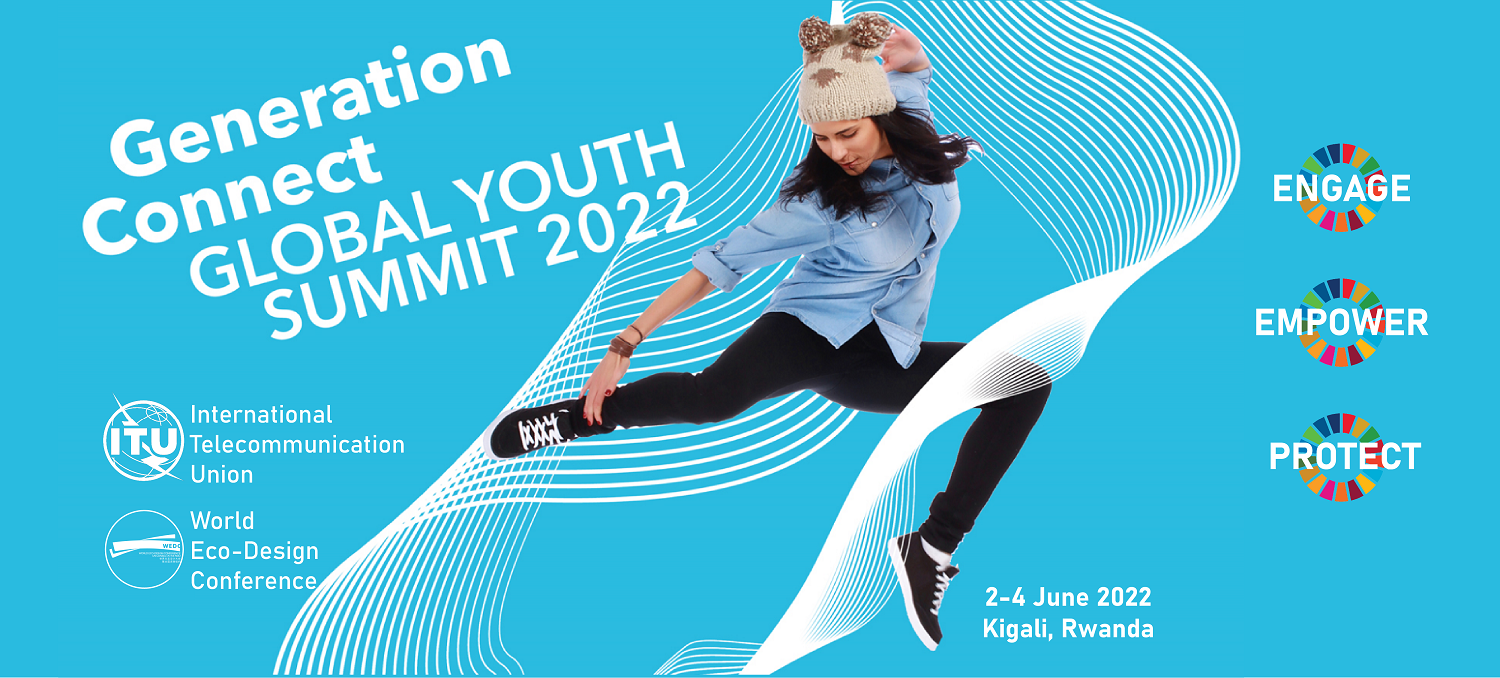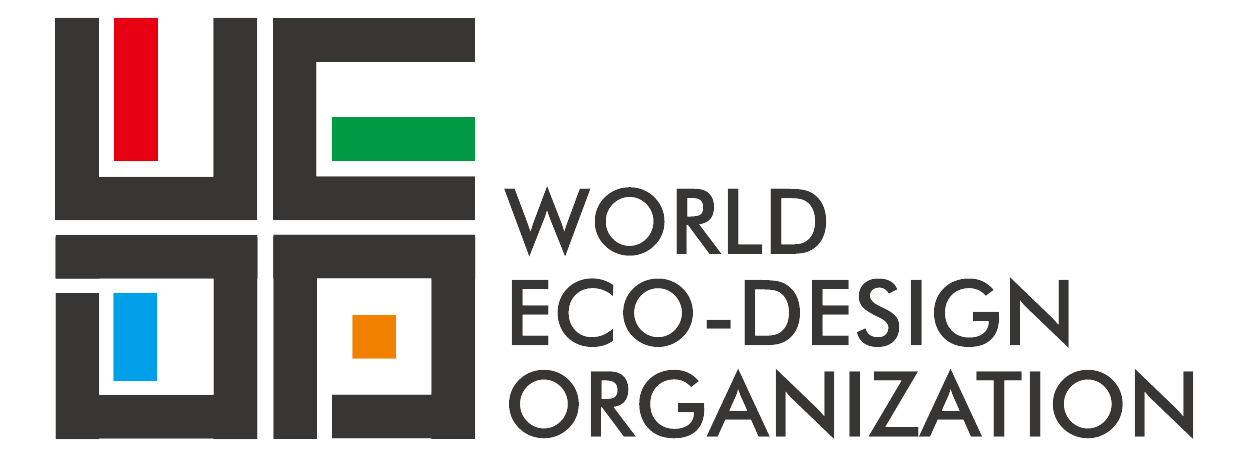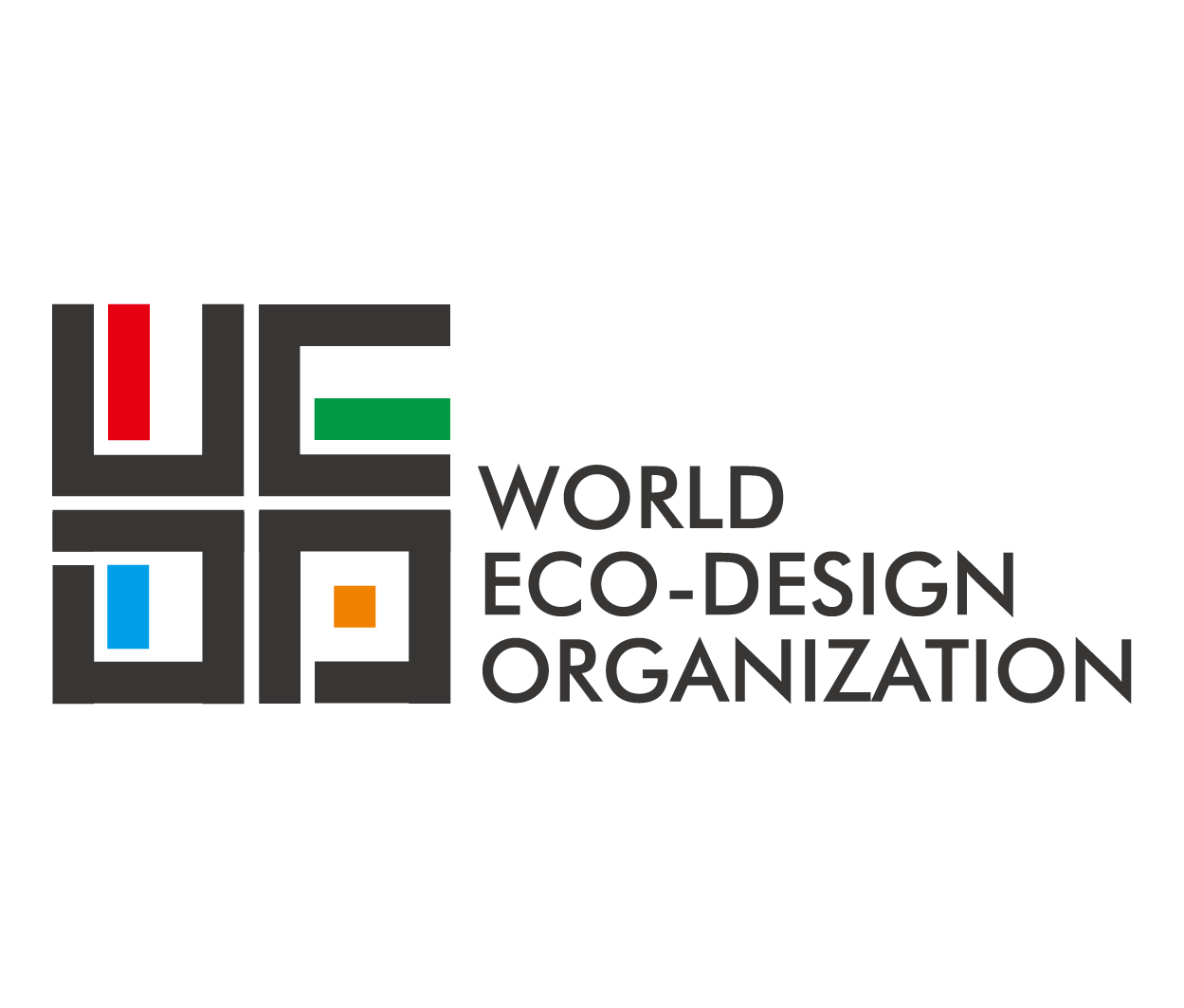
The Generation Connect Global Youth Summit (GYS) was hosted by the International Telecommunication Union (ITU) on 2-4 June 2022 in Kigali, Rwanda. This is a hybrid event, and youth aged 18-29 are invited to participate. The Summit brought together over 500 young leaders, entrepreneurs, engineers, policy specialists, students and others from Africa, Americas, Arab states, Asia-Pacific countries, Commonwealth of Independent States, and regions in Europe etc.
The International Telecommunication Union (ITU) is an important specialized agency of the United Nations and an international organization with the longest history among the United Nations agencies. Headquartered in Geneva, Switzerland, its global membership includes 193 Member States as well as more than 900 companies, universities, and international and regional organizations. As a link between the governments and private sectors worldwide, ITU is a specialized agency for information and communication technologies – ICTs, responsible for the allocation of global radio spectrum and satellite orbits, and developing the technical standards that ensure networks and technologies seamlessly interconnect. It strives to improve access to ICTs to underserved communities worldwide promoting global telecommunications development.
The Summit was under the theme “Connecting the unconnected to achieve sustainable development”, providing a favourable “network connection” platform for both online and offline participants to exchange. Youth from all regions, countries and communities can express their opinions and ideas about the future and share their experiences and reflections with all participants at the Summit. The Summit focused on the following three main areas of action:
• Engage: Digital inequalities, sustainability, and the role of youth in policy making;
• Empower: Bridging the gender digital divide, entrepreneurship, mentorship and the future of work;
• Protect: The role of ICTs in mitigating climate change, online safety, cybersecurity and maintaining mental health and avoid digital dependencies.
Digital transformation and digital future have gradually become the development trend of times, and youth are the pioneers of the new era. The Summit focused on hot topics such as "digital empowerment, youth development, technological innovation, gender equality, education and training, and sustainable development" etc., providing unlimited possibilities for the development of the new generation youth. For promoting the development of the new generation youth, the World Eco-Design Conference has made corresponding efforts and contributions in “education and training” , and “digital empowerment”.
As for education, the United Nations Technology Bank for the Least Developed Countries (UN Technology Bank), the World Eco-Design Conference and the Zhejiang University, Ningbo jointly initiated the International Design Education (IDE) Program to provide postgraduate courses in industrial design engineering for students of the world's 46 least developed countries (LDCs). The IDE Program has contributed to promoting innovation and entrepreneurship in the LDCs, supporting structural transformation, enhancing innovation and problem-solving capacities, boosting national economic growth to achieve the Sustainable Development Goals (SDGs). The World Eco-Design Conference has vigorously promoted the development of the International Design Education Alliance, and having reached consensuses about cooperation with colleges and universities to provide more supports in educational innovation, quality education and creating mutual benefits.
Moreover, the UNIDO Eco-Design Leading Talent Training Program (EDLTTP) is co-organized by the United Nations Industrial Development Organization (UNIDO) and the World Eco-Design Conference (WEDC). Instructors are appointed officials of UNIDO, researchers, entrepreneurs etc. The objectives of EDLTTP are to cultivate senior officials of governments, enterprises, UN agencies with emerging design ideology, to gain insight of the connections of design, environment, economy, and sustainable development, so that the trainees disseminate and apply the knowledge in their positions, make the benefits exponential & sustainable in their countries. The Program is sized at 50 trainees who are officials of UN agencies, government officials, researchers etc.
As for digital empowerment, the World Eco-Design Conference is committed to promoting the development of technology empowering digital art industry, and establishing the Digital Art Industry Center focusing on forging a brand new art creation exchange platform based on digital art technology. The Center consists of 4 sections, Supercomputing Center, Mega Data Center, Smart Manufacturing Center, and Creation Exchange Platform. The Digital Art Industry Center can achieve a variety of functions, e.g. creation, exchange, customization, trade etc. In the world of digital art, everyone can create to be an artist.
In the future, the World Eco-Design Conference will continue to further implement the concept of "sustainable development of green eco-design in harmony with nature", promote the development of "design, education, digitalization and innovation", and make contributions to the development of the new generation and the achievements of the UN 2030 Agenda for Sustainable Development.






 en
en



 Guangzhou,China
Guangzhou,China +86 - 19925740779
+86 - 19925740779 wedc@vip.126.com
wedc@vip.126.com










